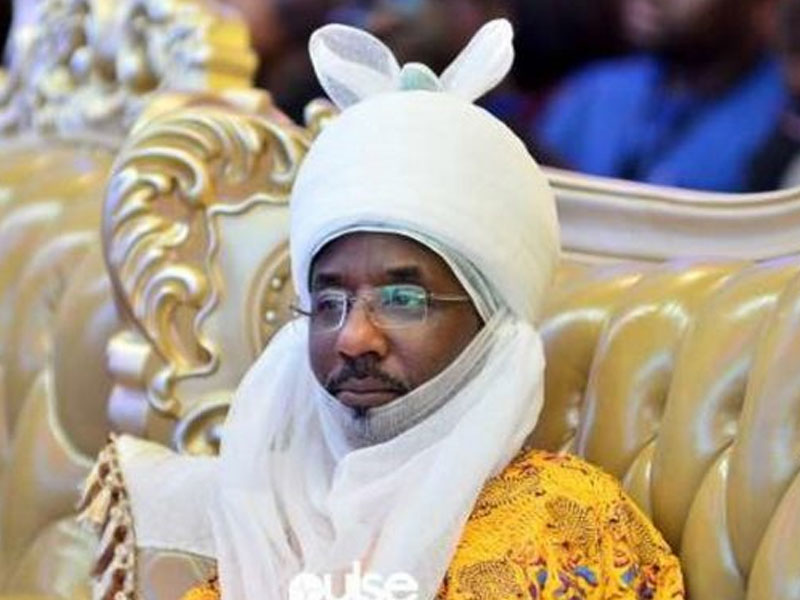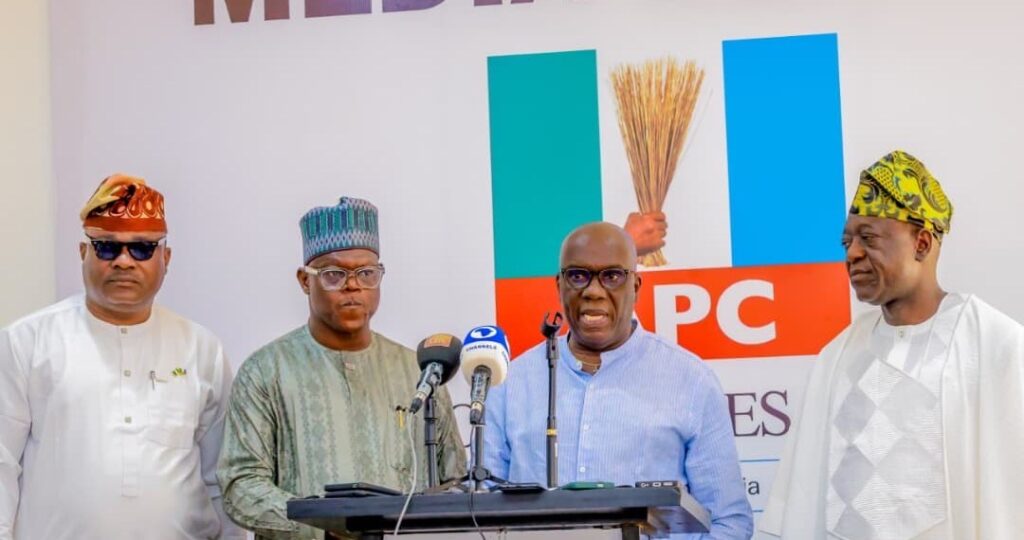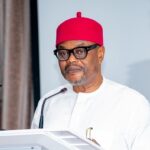Nigeria Steps Back From Economic Brink, Says Emir Sanusi, Commends CBN

Former Governor of the Central Bank of Nigeria (CBN), Muhammadu Sanusi II, the Emir of Kano, has enthusiastically lauded the apex bank’s recent policy overhauls, asserting they have orchestrated a “significant recovery” from a period of severe economic vulnerability.
Speaking on the country’s latest financial trajectory, the former CBN chief, widely known for his deep economic insight, expressed unreserved approval for the central bank’s actions, emphasizing that the institution has successfully tamed exchange rate volatility and reined in the unrestrained monetary expansion that previously jeopardized the nation’s finances.
“We inherited an era marked by profound instability, fueled by lax monetary strategies and an unchecked surge in the money supply,” Emir Sanusi remarked. “Over the past 12 months, the central bank has diligently worked to absorb surplus liquidity. While interest rates have necessarily climbed, the outcome is unmistakable: the Naira has been stabilized, and the economy has been successfully steered away from the precipice of a complete breakdown.”
The Emir singled out several critical economic enhancements as proof of the policies’ effectiveness. He noted that inflation is now trending downward, reportedly settling near the 20 percent mark, while foreign currency reserves have seen a steady uptick, now surpassing the $40 billion threshold.
Furthermore, Sanusi underscored Nigeria’s recent Gross Domestic Product (GDP) performance, which recorded growth exceeding 3 percent in the first quarter and accelerating past 4 percent in the second quarter.
He highlighted this as a crucial milestone, marking the first time in several years that economic expansion has outpaced the national rate of population increase.
These positive shifts, according to the Emir, serve as concrete evidence that the CBN’s measures—specifically its policy tightening and deep-seated reform initiatives—are delivering meaningful results. He concluded that these achievements are effectively restoring faith among investors and establishing a solid foundation for the economy’s enduring stability.
This resurgence, however, is not without its caveats, as the Emir acknowledged the immediate social cost of the necessary fiscal and monetary discipline. He pointed out that while the long-term economic outlook is robust, the current administration must remain keenly focused on mitigating the impact of high inflation and interest rates on the most vulnerable segments of the population. Sanusi urged the government to pair the central bank’s technical reforms with targeted social interventions and infrastructure spending that can directly stimulate job creation and improve living standards, thereby translating macroeconomic gains into tangible relief for the average Nigerian and ensuring the recovery is both sustainable and equitable.








